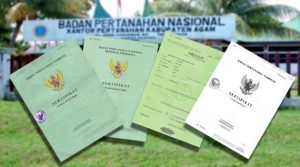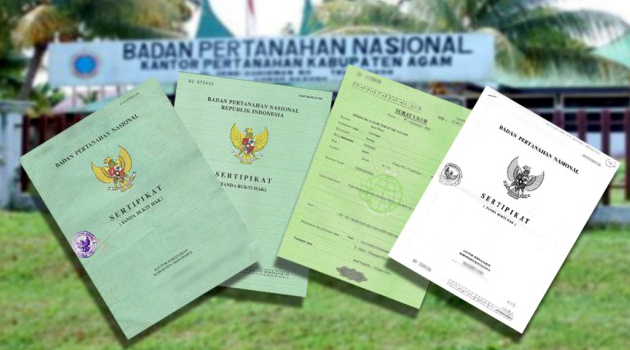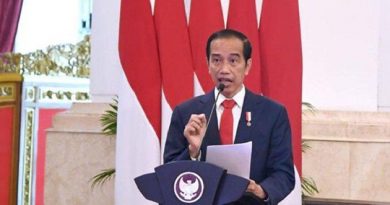Questioning The Agrarian Reform

More is needed in the endeavor to overcome inequality in land ownership than the symbolic handing out of land deeds. The program of President Joko Widodo’s administration to issue 125 million land deeds for all types of land by 2025 is only the first step in solving the main problem.
It is also a certainty that the public debate between politician Amien Rais and Coordinating Minister for Maritime Affairs Luhut B. Pandjaitan will not solve the inequality in land ownership issues. As an opponent, Amien went too far by saying that the handing out of land deeds by Jokowi is a deception. Luhut then overreacted to this accusation by threatening to expose dark secrets held by certain government critics.
There is nothing wrong with the “opposition” exploiting the weaknesses of the government. Conversely, those in government tend to overstate their successes. In the interests of both sides, the arguments should be based on accurate data. Amien should not have arbitrarily criticized using cherry-picked data. Criticism for its own sake only adds to the tumult of fake news in the mass media.
Certification of land as a part of agrarian reforms was begun during the administration of Susilo Bambang Yudhoyono. At the time, State Land Agency (BPN) Head Joyo Winoto said that agrarian reforms were “a development policy that was socially just”.
It must be admitted that the Jokowi administration has accelerated the program. During the Yudhoyono era, every year around 800 to 1,000 deeds were issued. Although short of the target of five million deeds, last year the Jokowi government issued 4.2 million. Almost every week, Jokowi travels to various regions and symbolically hands over land deeds.
There are several problems with this certification program. Disputes and overlapping ownership of land are a classic problem. Disputes involving hundreds of thousands of families and millions of hectares often result in deaths and misery. Moreover, the certification program has often been delayed by technical problems, such as a shortage of surveyors.
A no less complex problem in land certification-and agrarian reforms-is overlapping regulations. At the start of Jokowi’s term, according to a BPN study, there were 21 laws, 49 presidential regulations, 22 presidential decisions, four presidential instructions, 469 regulations, decisions and circulars. On many occasions, the state minister for agrarian and spatial planning matters was not included in the deliberation. Instructions on land use were not coordinated.
Resolving these problems is far more important than symbolically handing over certificates, especially since the land certification is not the final aim of the agrarian reforms program. The more important targets are bringing into line the acceleration of certification and the passing out of unequal land ownership.
This inequality, which has existed for decades, can be seen in the following figures. More than 70 percent of national productive assets, mostly in the form of land, is controlled by 0.02 percent of the population. More than a half of farmers in this country own less than half a hectare of land.
We need to remind Jokowi and Jusuf Kalla of their campaign promise to distribute nine million hectares of land and increase land ownership for small farmers. Agrarian reforms mean more than simply handing out land: they mean reforming the control and ownership of land.
The government’s seriousness in keeping its promises is far more important than overreacting to criticism from opponents like Amien Rais.
Courtesy : Tempo.Co
Photo : Aktual.Com
[social_warfare buttons=”Facebook,Pinterest,LinkedIn,Twitter,Total”]



